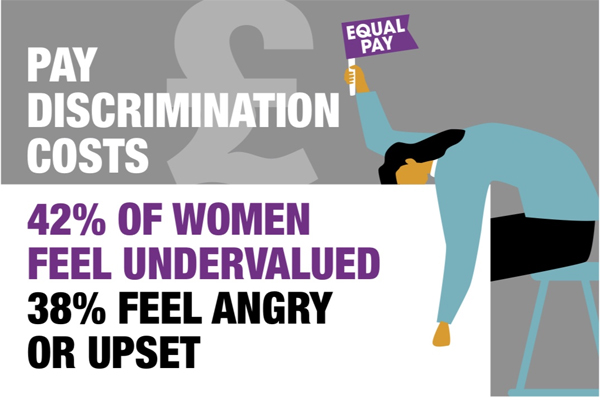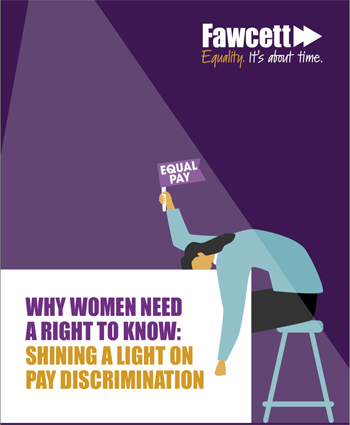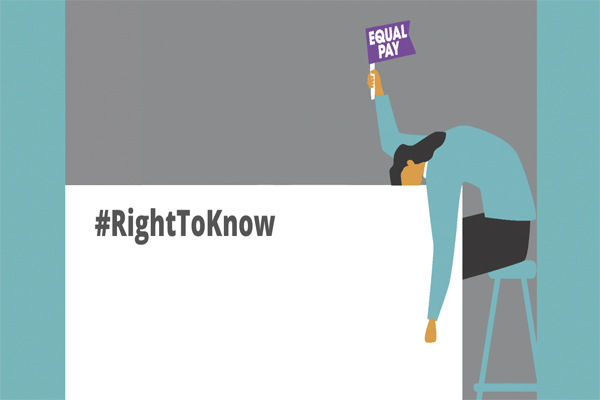The Fawcett Society has published a new report today, which suggests that unlawful pay discrimination may be more widespread in the UK, than previously feared.
The report found that 60% of working women ‘either don’t know what their male colleagues earn’, or ‘believe they are earning less than men who are doing the same job’. The findings have been released to mark Equal Pay Day today – the day in the year when women are said to effectively start to work for free.
When women were asked about male colleagues in the same role or a very similar role to them, three in ten said that they had no idea what any of their male colleagues were paid, leaving them unaware of possible discrimination. Only 40% of working women know they are being paid the same as male colleagues for doing the same/similar work, the report found.
DETRIMENTAL IMPACT
These findings should concern employers as two thirds of women say finding out they are paid less than male counterparts has a detrimental impact on how they feel about their job or their employer. This includes feeling less motivated (33%) and wanting to leave their job (20%). The personal cost to women themselves is significant, with 42% saying they felt ‘undervalued’, and 38% ‘feeling angry and upset’. Fewer than one in four (23%) said they understood the reasons they were paid less.

When it came to taking action, a quarter of women who reported being paid less than a man for doing the same/similar job, said that they asked for a pay rise, and the same proportion said that they spoke to their manager.
Approximately 12% said they looked for a different job. Just 6% said they sought legal advice, while 10% didn’t know what to do and a further 17% chose not to do anything.
RIGHT TO KNOW
Fawcett’s new report ‘Why Women Need a Right to Know’ calls for a change in law to give women a ‘Right to Know’ what a male colleague or colleagues earn if they suspect there is pay discrimination. The poll shows that eight in ten people support the change, saying they agree that a woman should be able to find out whether she is being paid less than a man for equal work. That includes three-quarters of men.
“Nearly fifty years on from the Equal Pay Act, equal pay for equal work is still a distant dream for many women. Pay secrecy means women cannot know if they are being paid equally and fairly,” stated Sam Smethers, Chief Executive of the Fawcett Society. “Even if they do suspect a man is earning more it is almost impossible to do anything about it. This is why we are calling for a change in the law.
“Women need an enforceable ‘Right to Know’ what their colleagues earn so that they can challenge unequal pay. Men can help by simply telling their female colleagues what they earn. It really is that simple.”

In addition to the call for a ‘Right to Know’, Fawcett will be campaigning for changes to:
- · Include ethnicity within gender pay gap reporting, expand it to employers with 100 or more staff, and make action plans mandatory.
- · Ensure that women are able to bring equal pay cases without being ruled out by strict time limits.
- · Factor injury to feelings, and lost pension rights, into compensation for equal pay.
- · Make sure that women can overcome complex corporate structures by writing in to UK law provisions for holding a single source accountable for pay discrimination. At present, European Union law underpins this, but it could be at risk after Brexit.
Click here to download the report.







































